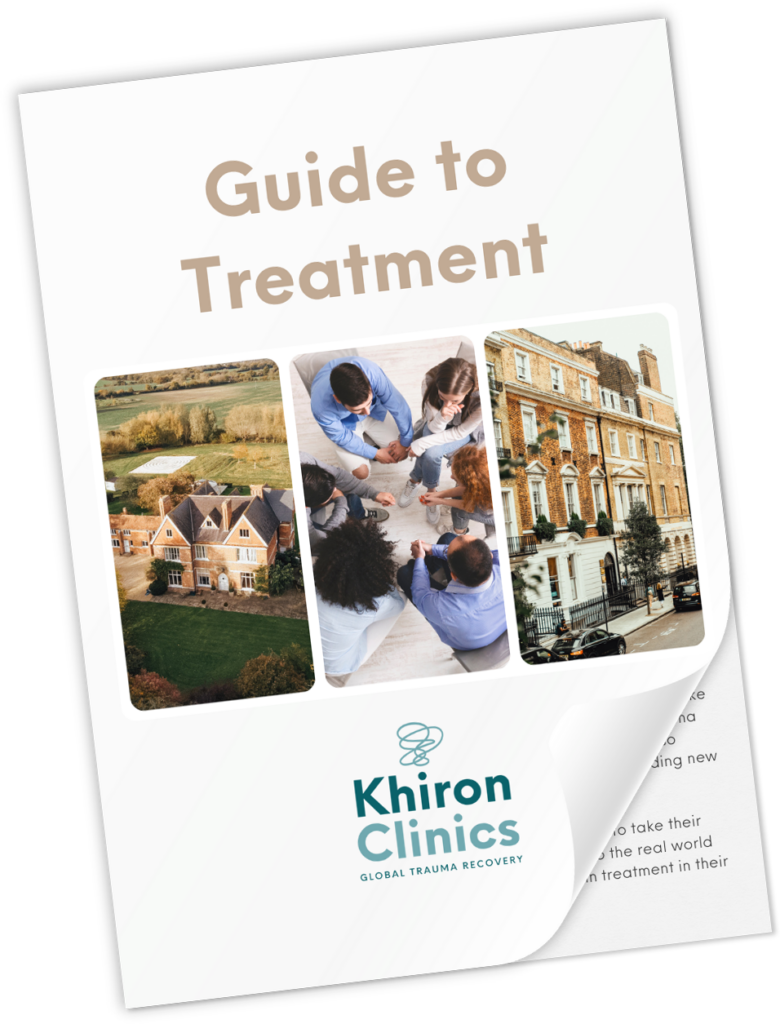Substances like alcohol can have significant effects on the brain and body, and much of a person’s restoration in recovery depends on specific components of their addiction, such as:
- Type of substance used
- Length of the addiction
- Dose amount and frequency
- Individual health and medical history
For many, abstinence is a huge part of addiction recovery because it helps the body restore functioning in areas that may have become impaired from alcohol abuse; the body needs time to heal and recover from the damage it acquired due to addiction. As the National Institute on Drug Abuse (NIDA) states, there are several medications that can help reduce a person’s cravings and even induce unwanted side effects if the substance is consumed; examples of these medications are Naltrexone, Disulfiram, and Acamprosate.
As emphasized by the Scientific American, science has been quite divided in terms of whether or not all dysfunction acquired from addiction can be restored with abstinence in recovery. For instance, a 2017 study published in the journal Psychiatry Research found that between 53 short-term abstinence patients and 53 long-term abstinence patients, minor difference were found in terms of memory, executive functioning, and verbal fluency. However, a 2017 review titled “Executive Functions, Memory, and Social Cognitive Deficits and Recovery in Chronic Alcoholism: A Critical Review to Inform Future Research” explains that sobriety can improve brain structure through either reversing the damage that was done or by developing compensatory mechanisms in the brain to effectively function despite the deficit.
Overall, it seems unclear the exact restoration capabilities that sobriety can have on alcoholism recovery. Nonetheless, it is clear that while some functions may be permanently damaged or lost, recovery in and of itself provides individuals with the support and tools they need to regain strength in some areas that may have been weakened. Continue working hard in your recovery – since each person is different, you never know the strength that you have until you’re there. Don’t give up.
Stop the cycle of merry-go-round treatment and find the solution you’re looking for in trauma treatment. Through effective residential treatment, Khiron House helps you find the path you need toward health and wellness in recovery. For information, call us today. UK: 020 3811 2575 (24 hours). USA: (866) 801 6184 (24 hours).


